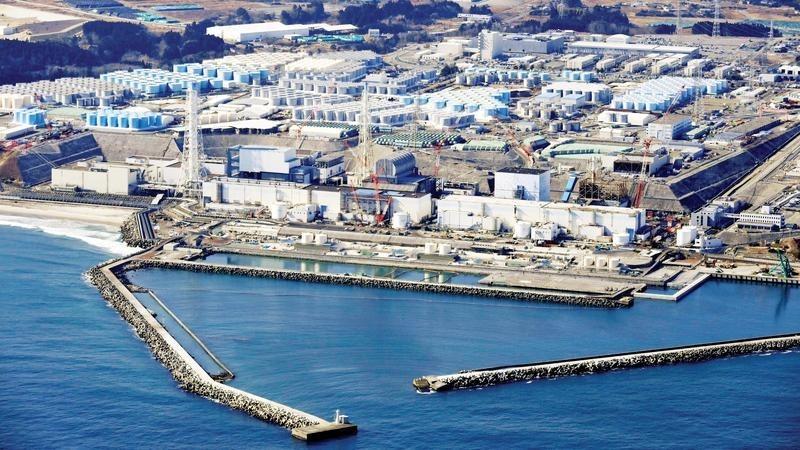 Storage tanks hold treated water at the Fukushima Daiichi nuclear power plant in Okuma, Fukushima prefecture, Japan, as seen on April 13, 2021. (PHOTO / KYODO NEWS VIA AP)
Storage tanks hold treated water at the Fukushima Daiichi nuclear power plant in Okuma, Fukushima prefecture, Japan, as seen on April 13, 2021. (PHOTO / KYODO NEWS VIA AP)
VLADIVOSTOK — Russia has called on Japan to be more transparent regarding its plans to discharge radioactive water from the Fukushima nuclear power plant into the ocean, Russian Foreign Ministry spokesperson Maria Zakharova said during a press briefing on Wednesday.
Zakharova expressed concerns about Tokyo's plans and urged Japan to inform neighboring countries about its actions to address a potential radiation threat, emphasizing the importance of transparency and requesting access to information and water samples if necessary.
Japan claims that the planned discharge of radioactive water poses no significant threat to the region's environment or people's health
Japan claims that the planned discharge of radioactive water poses no significant threat to the region's environment or people's health. However, Zakharova highlighted certain alarming factors that require further clarification, noting that Russia has stressed the need for complete transparency from Japan and have called for full access to relevant information.
READ MORE: Better safe than sorry with Fukushima water
Zakharova said that Japan has yet to demonstrate the desired level of openness in addressing these concerns, noting that Russia has sent lists of questions to Japan seeking clarification on the water discharge plans. Although some answers were received, specific questions were met with a defensive response, raising doubts about the transparency of Japan's intentions.
Given Japan's history in nuclear safety, Russia could not allow the situation to develop without proper scrutiny. The concerns Russia expresses are shared within Japan, particularly among environmental organizations and workers in the fishing industry, she said.
READ MORE: S. Koreans oppose Japan's discharge of Fukushima water
Tokyo Electric Power Company, which operates the No. 1 reactor of the Fukushima nuclear power plant, has been found to have concealed information about safety issues and incidents at nuclear power plants for at least 15 years, she said.


